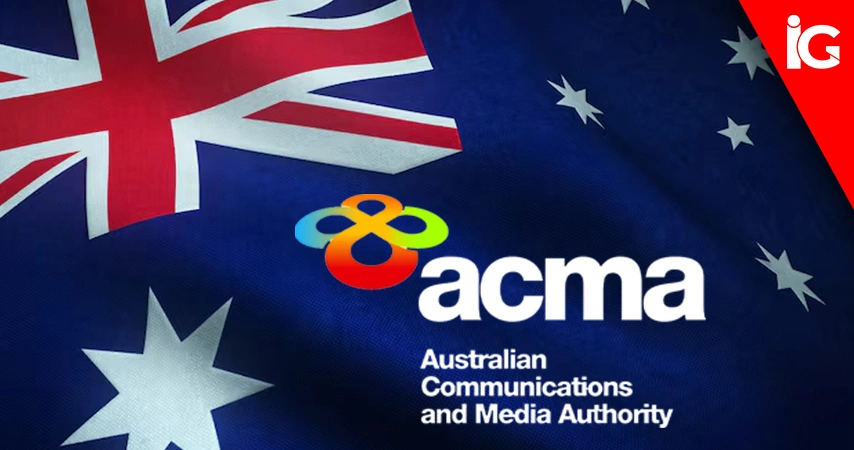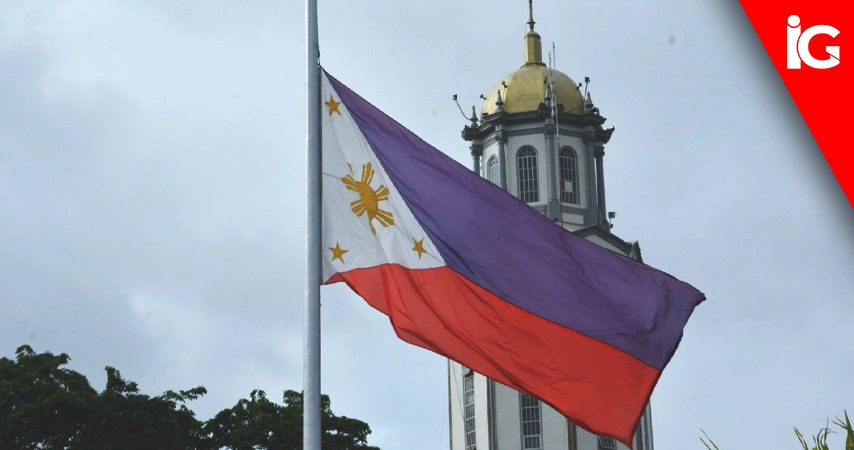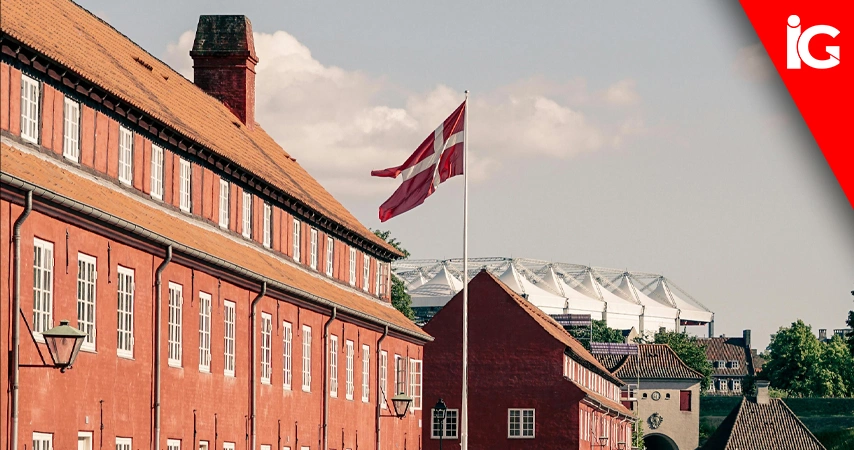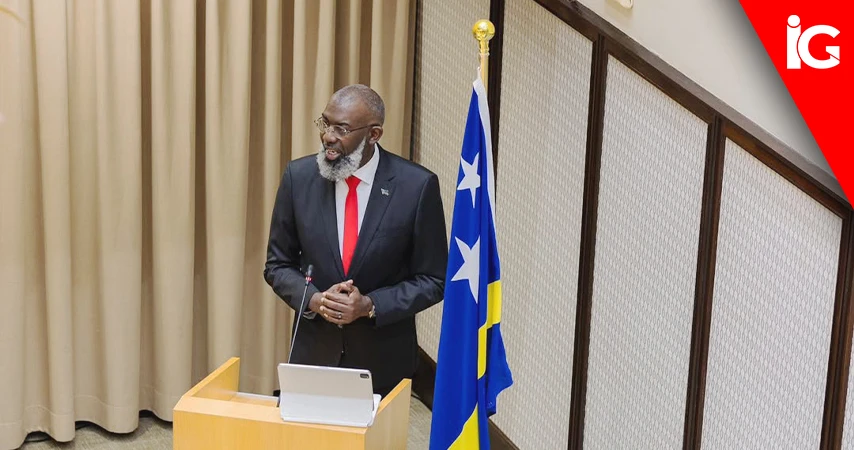Curaçao’s gambling regulator is facing a significant governance crisis after the sudden resignation of its entire supervisory board. Commissioners Shelwyn Salesia, Robert Reijnaert, and Ildefons Simon stepped down in mid-September, leaving the Curaçao Gaming Authority (CGA) without top-level oversight only months after launching under the modernised Landsverordening op de Kansspelen (LOK) framework. This new law, adopted in December 2024, was designed to overhaul the island’s licensing system, replace the master-sub licence model, and strengthen regulatory compliance and player protections.
In response to the board’s exit, Prime Minister Gilmar Pisas has taken direct control of the CGA. Notably, Finance Minister Javier Silvania, under whose ministry the regulator operates, did not attend the emergency meeting; government adviser Caryl Monte represented the Finance Ministry instead. Analysts suggest that internal political tension within the ruling MFK party and public scrutiny over Finance Ministry operations may have contributed to the mass resignation.
The CGA’s absence of a supervisory board raises questions about the rollout of Curaçao’s regulatory reforms. The island’s online gambling sector, long recognised as a major source of public revenue, has been criticised internationally for weak anti-money laundering controls and limited player protection. The LOK framework aimed to address these challenges by creating a more transparent and accountable licensing system.
Industry observers are closely monitoring the situation to see whether Curaçao can maintain regulatory credibility and ensure compliance while implementing these reforms. The unprecedented involvement of the Prime Minister in day-to-day regulatory oversight highlights both the seriousness of the crisis and the importance of the iGaming sector to Curaçao’s economy. With no replacements for the CGA board announced, the future of the island’s regulatory reform programme remains uncertain.












